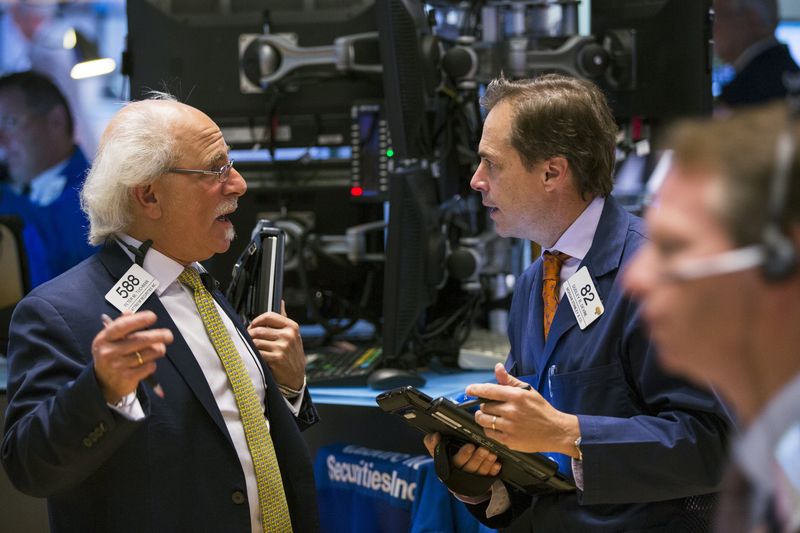Investing.com - Here are the top five things you need to know in financial markets on Thursday, August 24:
1. Jackson Hole symposium kicks off
An annual three-day meeting of top central bankers and economists hosted by the Federal Reserve Bank of Kansas City in Jackson Hole, Wyoming, is set to kick off later in the day.
The focus will be on speeches from Federal Reserve Chair Janet Yellen and European Central Bank President Mario Draghi on Friday. Their comments will be closely watched for fresh policy signals from the world’s two most powerful central banks.
Besides central bankers, traders will also eye U.S. data on weekly jobless claims at 8:30AM ET (1230GMT) and existing home sales at 10AM ET (1400GMT) to gauge the strength of the world's largest economy and how it will impact the Federal Reserve's view on monetary policy.
2. Global stock markets inch higher in subdued trade
Global stock markets inched higher in subdued trade, as market players shifted their focus from political uncertainty in the U.S. to the Jackson Hole meeting.
Stock markets across Asia ended mixed, with benchmarks in Seoul and Sydney rising, while Tokyo and Shanghai finished lower.
In Europe, shares were higher in mid-morning trade, with almost all major bourses across the region in positive territory.
Meanwhile, U.S. stock futures pointed to a slightly stronger open on Wall Street, with the major benchmarks up between 0.1%-and-0.2%.
3. Dollar brushes off Trump comments
The dollar nudged higher, bouncing back from the prior session's losses, as investors put concerns about President Donald Trump's administration on the backburner.
The U.S. dollar index, which measures the greenback’s strength against a trade-weighted basket of six major currencies, was up 0.1% at 93.24 in early trade.
Against the yen, the dollar tacked on 0.3% to 109.35, keeping distance from last week's low near 108.60, which was the greenback's weakest level in about four months.
4. Oil slips as U.S. crude output rises to highest since 2015
Oil prices crept lower, as rising U.S. crude production dampened some of the optimism that had accompanied eight straight weeks of declines in U.S. domestic stockpiles.
U.S. crude was about 0.4% lower at $48.24 a barrel, while global benchmark Brent lost roughly 0.3% to $52.41.
Weekly supply data from the U.S. Energy Information Administration showed that crude oil inventories fell by 3.3 million barrels in the week to Aug. 18, the eighth weekly decline in a row.
However, domestic crude production edged up by 26,000 barrels a day to 9.528 million last week, according to the EIA figures, the highest level since July 2015.
5. British consumer spending growth at weakest since 2014
British household spending grew at its weakest pace since late 2014 in the three months to June, as the effect of a weaker pound since last year's Brexit vote weighed on Britons' spending power, official statistics showed.
Consumer spending growth rose by just 0.1% in the second quarter, the Office for National Statistics said, bringing the year-over-year gain to 2.0%.
The figures also showed that year-on-year business investment growth slowed to zero from 0.7% in the first quarter.
Overall, the economy grew 0.3% on a quarterly basis and 1.7% annually, unrevised from an earlier estimate, representing the weakest start to any year since 2012.
Sterling added around 0.2% against the dollar to 1.2820, pulling away from a two-month low of 1.2774 touched earlier in the session.
